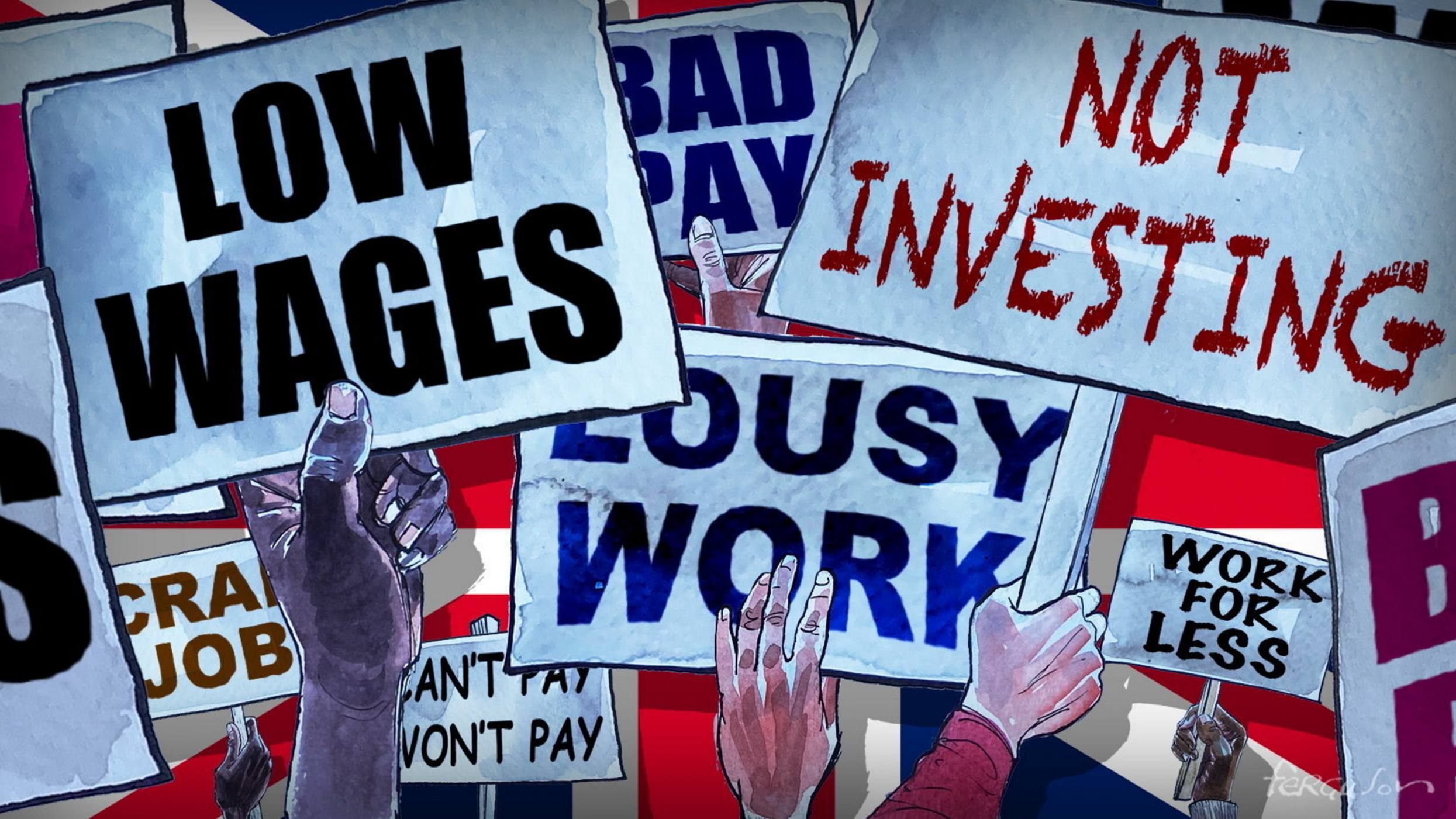Why are Britain’s over-50s really leaving the labour market?
Older workers have been leaving the UK workforce because they are choosing to retire early, not because of ill health, according to new analysis that could force a reappraisal of the challenges facing the economy.
A sharp post-pandemic rise in economic inactivity — people who are neither working nor looking for work — is an acute concern for UK policymakers, because it has added strain to a tight labour market where many employers are struggling to recruit.
The Bank of England fears this will make high inflation persist for longer if employers end up paying higher wages and raising prices further as a result of tightening Labour supply. The bank will on Thursday announce its latest decision on interest rates alongside new forecasts for the UK economy.

“It’s clear there are lots of people who are not choosing to leave work but feel they have to,” said Andrew Phillips, a researcher at Demos, whose study involved interviews with former office workers and public sector staff, who had struggled with health conditions ranging from serious mental illnesses to arthritis, cardiovascular problems or menopausal symptoms.
Demos called for the government to work with employers to boost access to occupational health services, tackle ageist recruitment practices and redesign jobs to better accommodate workers’ needs.
Other labour market experts have said that the government should put less energy into hounding benefits claimants to work more, and more effort into redesigning employment support services to help older people who have left work but do not claim benefits.
Making it easier to work with long-term health conditions will be important, regardless of the reason people left their jobs initially, according to Tony Wilson, director of the Institute for Employment Studies, a consultancy, who noted that people with health problems might persuade an existing employer to give them the flexibility they need, but not a new one.
“One in five people has a work-limiting disability or health condition,” he told a committee of MPs last week. “Once you are out of work and you have a health condition; it is blooming hard to get back in.”
This story originally appeared on: Financial Times - Author:Delphine Strauss




























